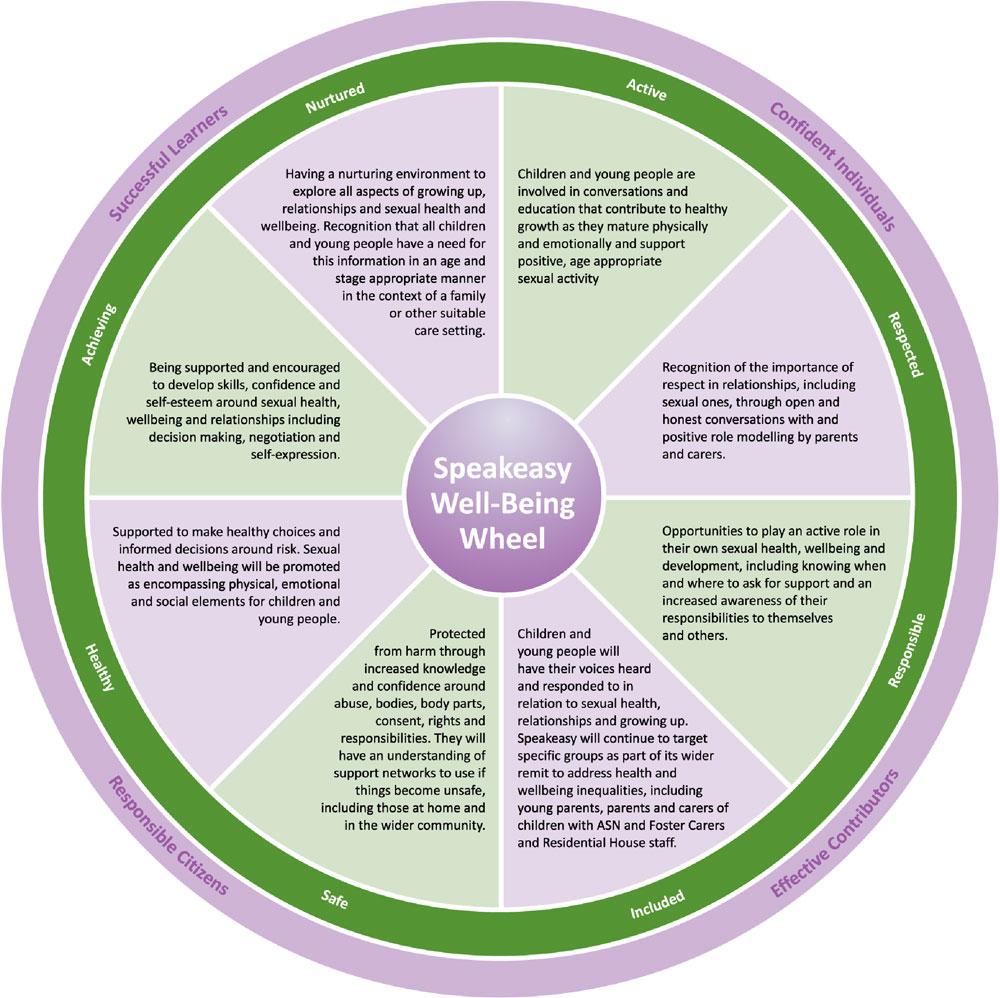Why Talk About Sexual Health & Relationships?
“Effective relationships and sex education has been described as one of the most important ways to improve sexual health in the long term for adolescents and young people”
(World Health Organisation 2016)
Research suggests that promoting open and honest dialogue from an early age contributes to young people taking fewer risks in relation to sex and relationships as they grow. Evidence consistently shows that children and young people who receive accurate information about growing up, relationships and sexual health, in ways that are appropriate to their age and stage of development, are more likely to delay sexual activity, use contraception when they do have sex and have more positive outcomes when they do engage in sexual relationships
Effective sex and relationships support can also help to address health inequalities. Some young people who may miss out on or disengage from formal RSHP (such as those with additional learning needs, Looked After and LGBT young people) are given opportunities to chat with those they trust around these topics in a nurturing environment.
Evidence suggests that young people are exposed to diverse and potentially unhealthy messages around sex and relationships depending on gender and sexuality. Both boys and LGBT young people may be more likely to seek information from unreliable sources such as porn. This can be due to things like embarrassment or fear. Creating safe spaces for children and young people to ask meaningful questions and have relevant discussions promotes a child-centred approach in line with frameworks such as the SHANARRI indicators. These links are highlighted below:.
